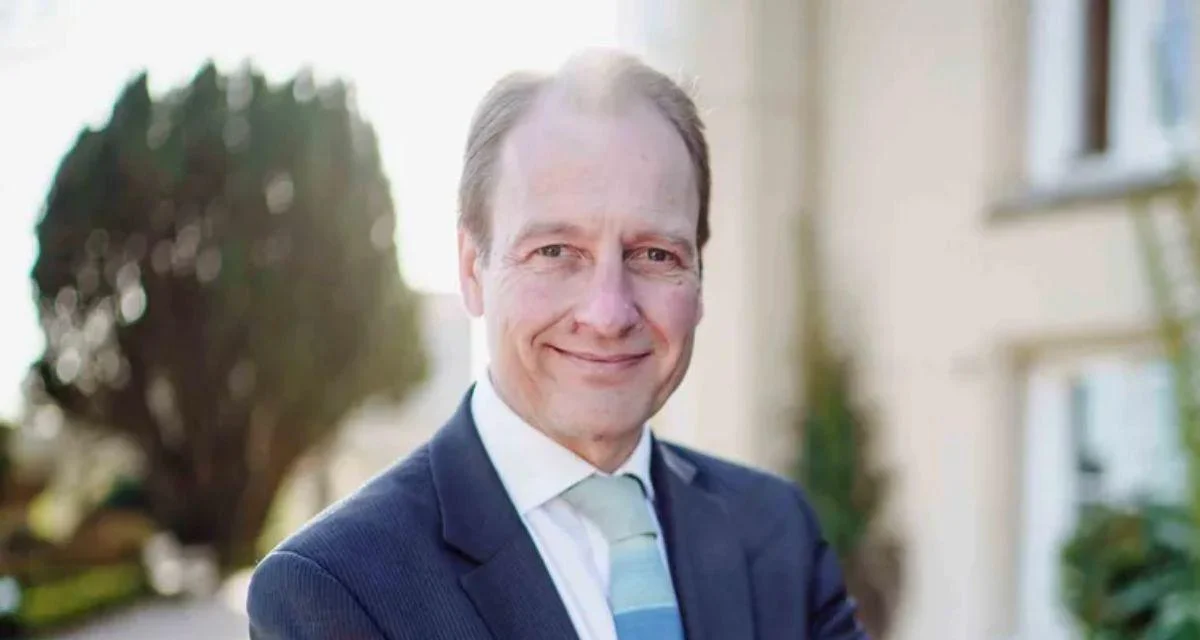A volcanologist from Swansea University, Dr Katie Preece, is set to participate in an international research mission focused on understanding earthquake behavior through the study of petit-spot volcanism. The project, known as International Ocean Drilling Programme (IODP3) Expedition 502, will conduct drilling operations near the Japan Trench—close to where the 2011 Tohoku Earthquake originated.
The expedition aims to collect a 225-meter core of rock and sediment from an area close to a subduction zone. The objective is to examine how petit-spot volcanic features may influence seafloor sediments and tectonic activity.
Dr Preece will serve as a sedimentologist aboard the research vessel Chikyu, assisting in describing and interpreting core samples as they are collected. She commented: “This is an extraordinary opportunity to contribute to cutting-edge research on a global scale. Petit-spot volcanism is still poorly understood, and this expedition will provide the first complete sequence of rock samples from these systems.”
Her background includes reconstructing eruption histories and studying how volcanic systems change over time by combining fieldwork with laboratory analysis techniques such as petrology, geochemistry, and geochronology. Although she has conducted fieldwork at volcanoes in Indonesia, Ascension Island, and Armenia, this marks her first involvement with an IODP expedition.
After returning from sea, Dr Preece will lead further analysis of the rocks’ textures and chemical composition recovered during the mission. This work is expected to provide insight into how petit-spot activity modifies subducting tectonic plates and affects global geochemical cycles.
Expedition 502 brings together researchers from 17 countries. As with many other IODP missions, it involves substantial technical challenges due to drilling operations being carried out under nearly 5.5 kilometers of water.
Dr Jude Coggon, UK IODP Programme Coordinator, stated: “We are very proud to have three excellent UK scientists sailing on this expedition, as well as another participating in shore-based research.”

